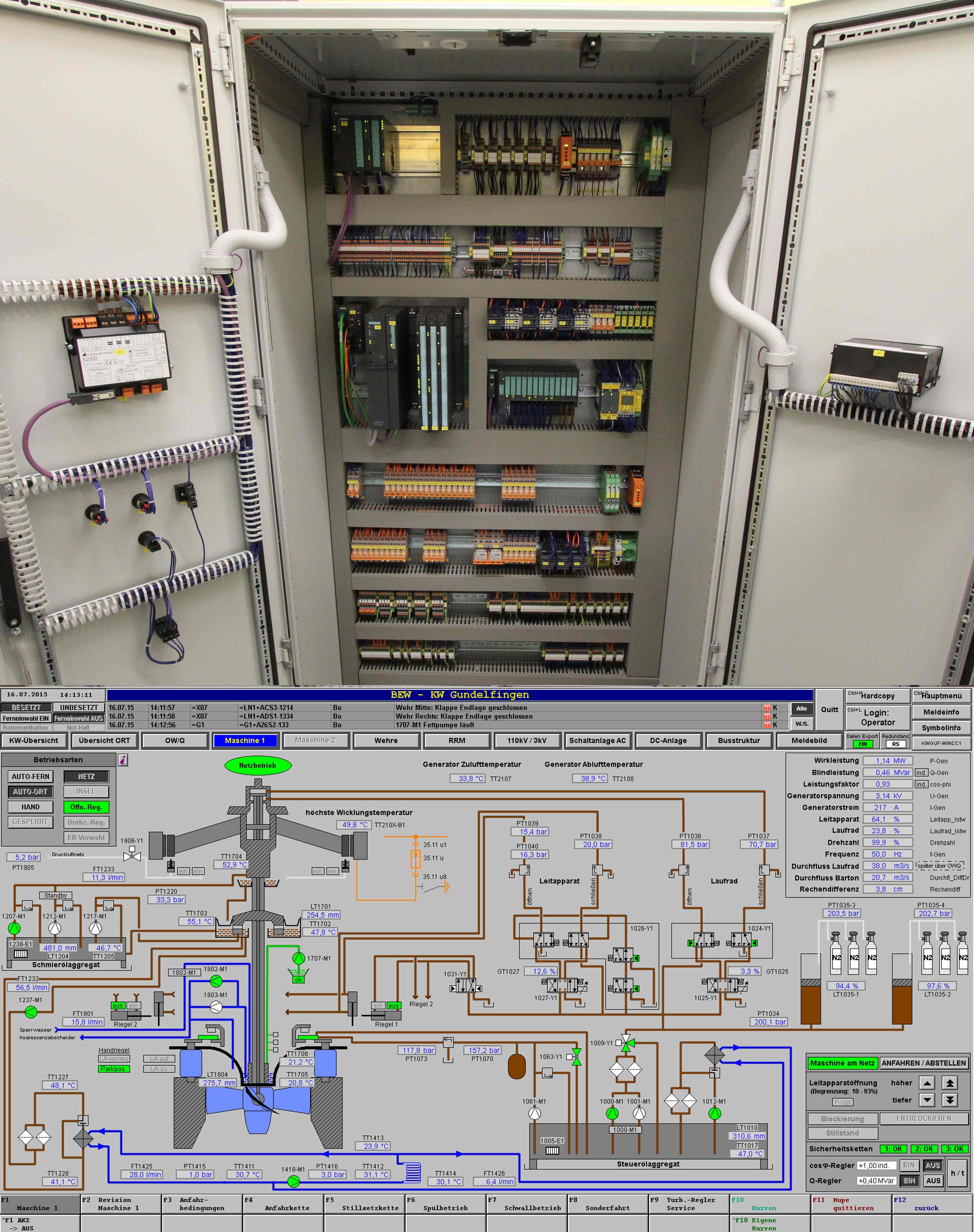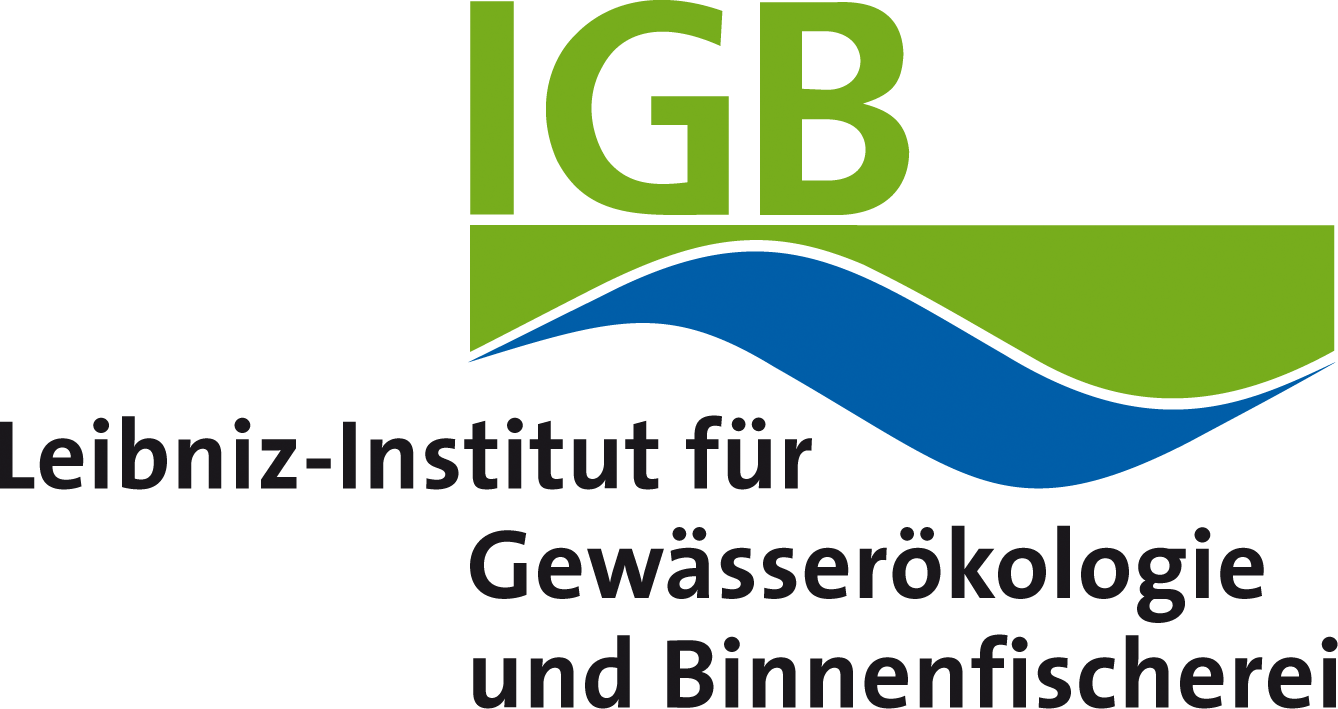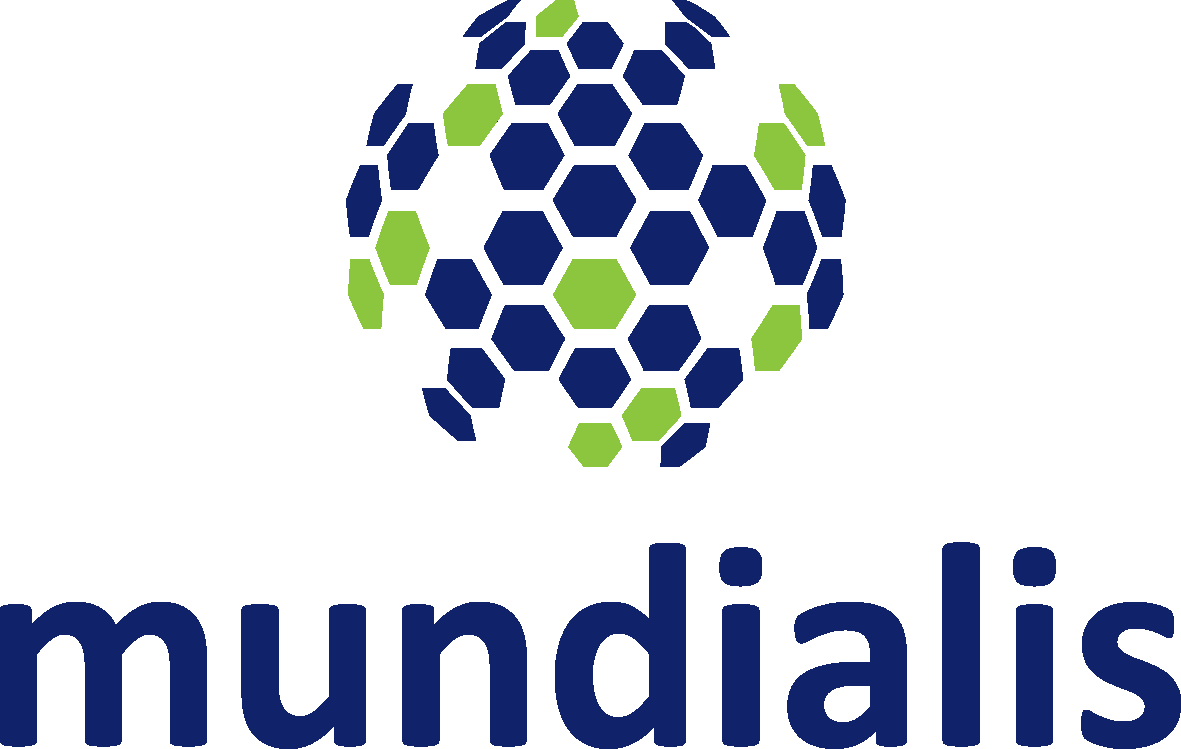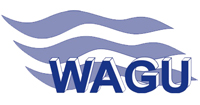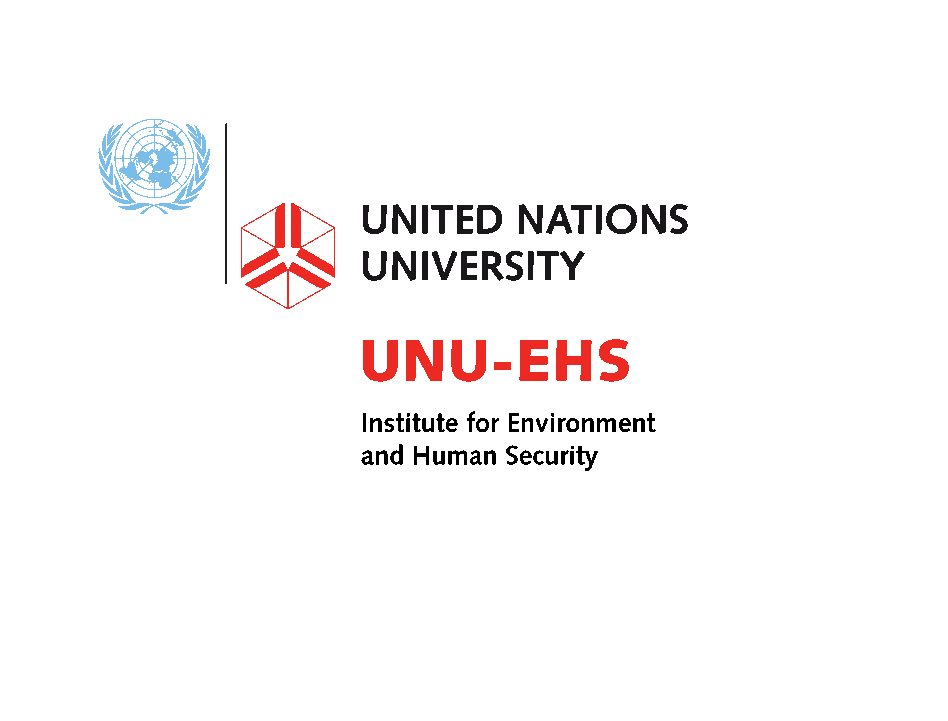| Contact person: | Dr.-Ing. Martina Flörke |
| Contact address: | Wilhelmshöher Allee 47, 34117 Kassel |
| Phone: | +49 561 804-6120 |
| Email: | This email address is being protected from spambots. You need JavaScript enabled to view it. |
The Center for Environmental Systems Research was founded in 1994 as the Scientific Center for Environmental Systems Research and constitutes an important part of the environmental competency of the University of Kassel. The Center focuses on environmental problems, in particular in the context of climate change and resource consumption. Systems orientation and the use of systems analysis tools characterize the Center’s approach to research questions. In the course of the project WANDEL the expertises of two research groups are merged focusing on sustainable resource management on the one and global and regional hydrological and water-related studies on the other hand.
Function in the work packages
| Coordination of the project | |
| AP1 | Material flow analysis of the Water Footprint in the case studies |
| AP2 | Identification of innovative solution approaches to improve sustainable energy supply and water usage |
| AP3 | Global models of water consumption of conventional and renewable energy supply systems |
| AP4 | Supporting exploitation of results |


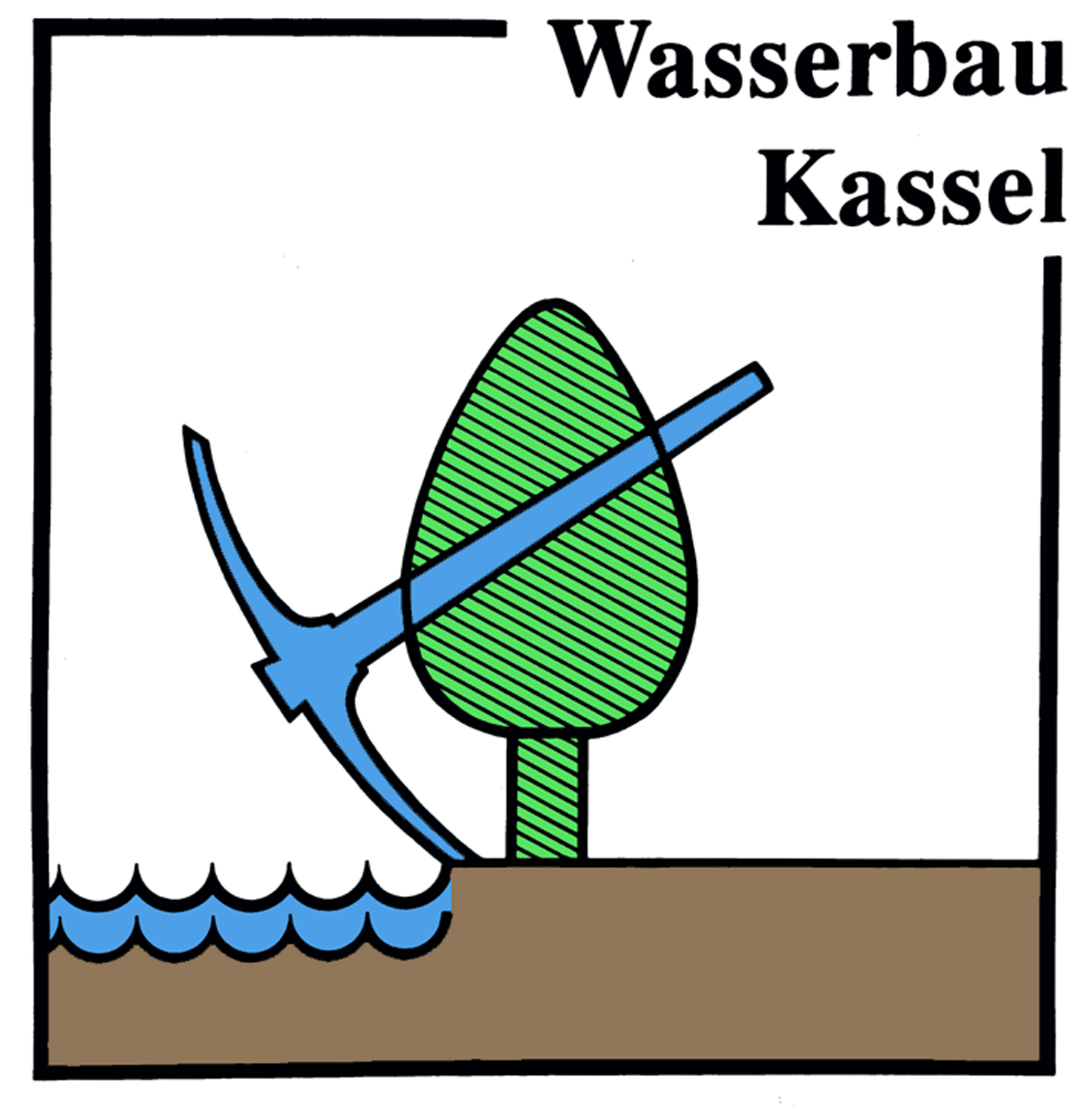
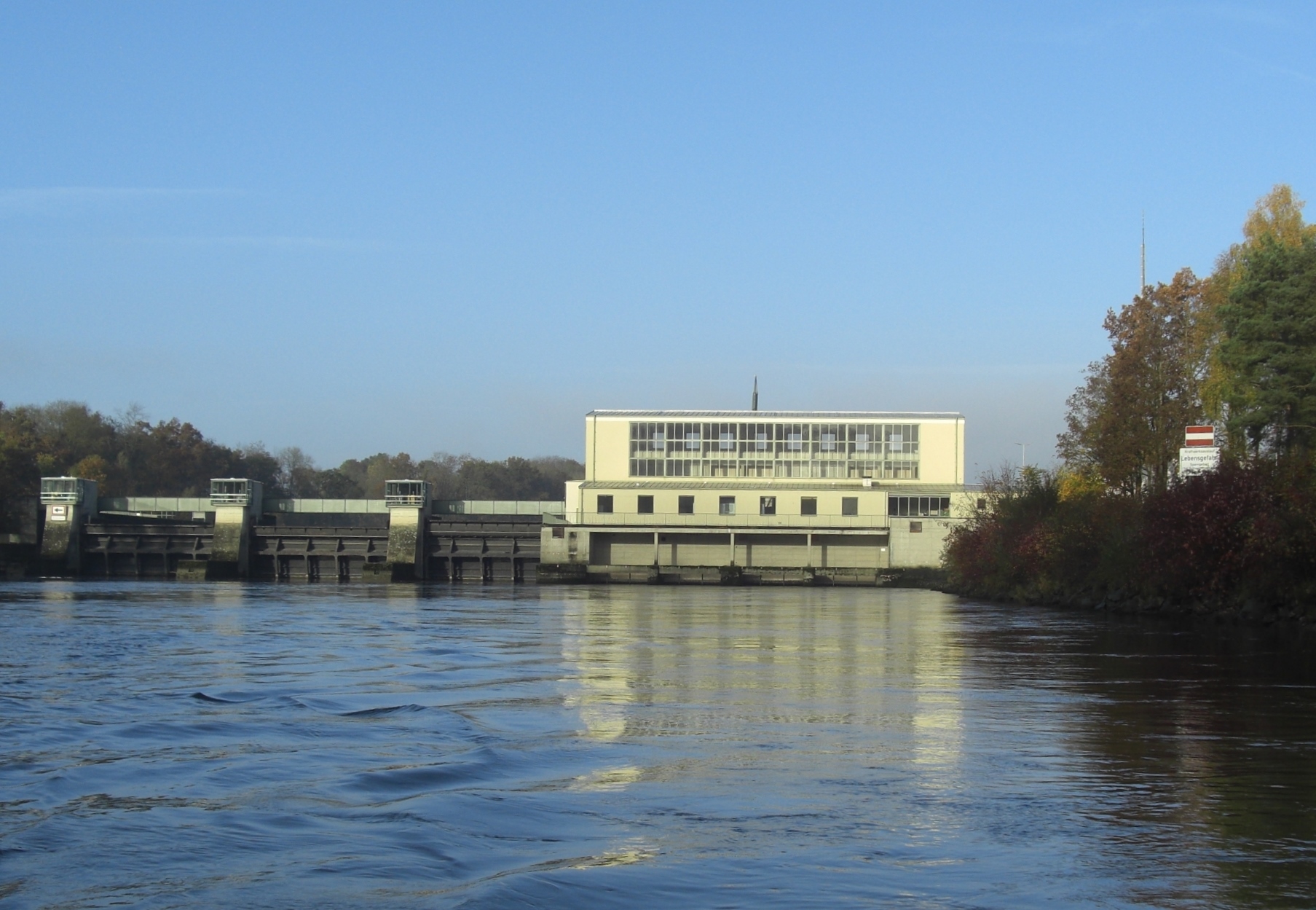

 2009-08-31.jpg)
